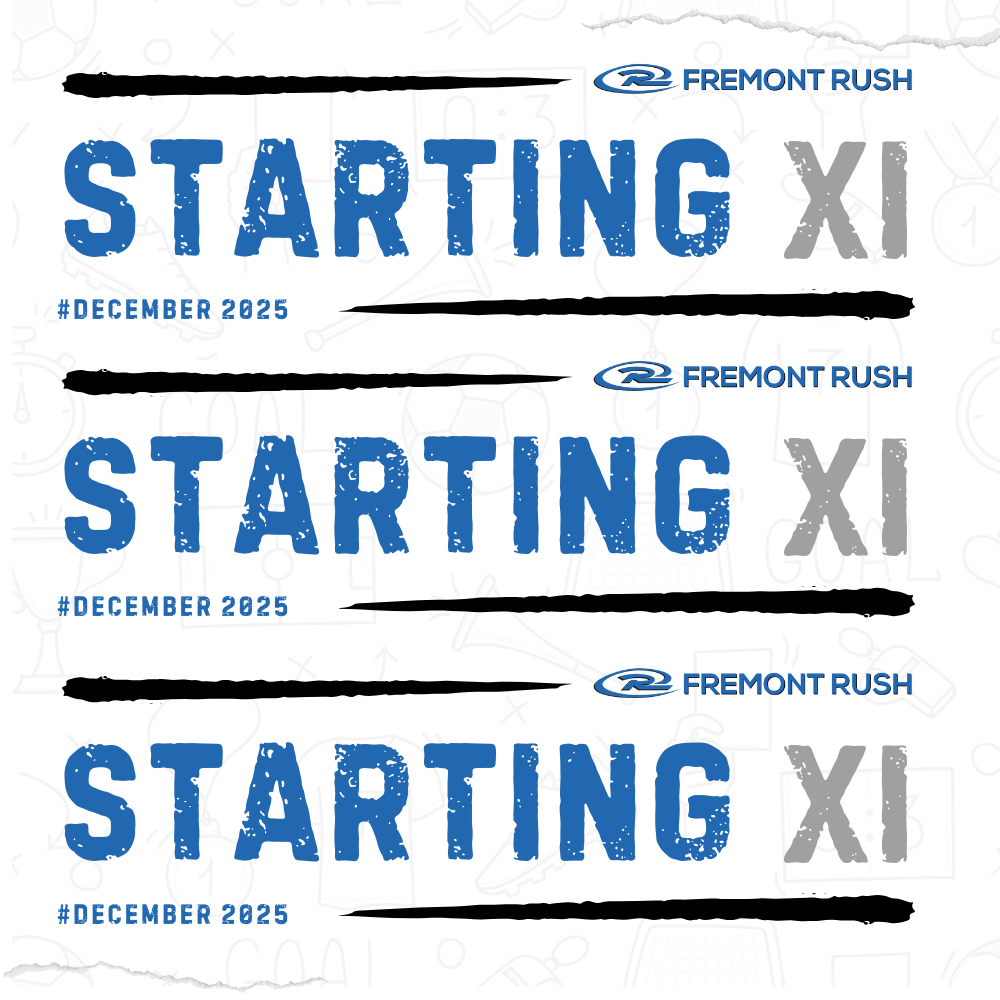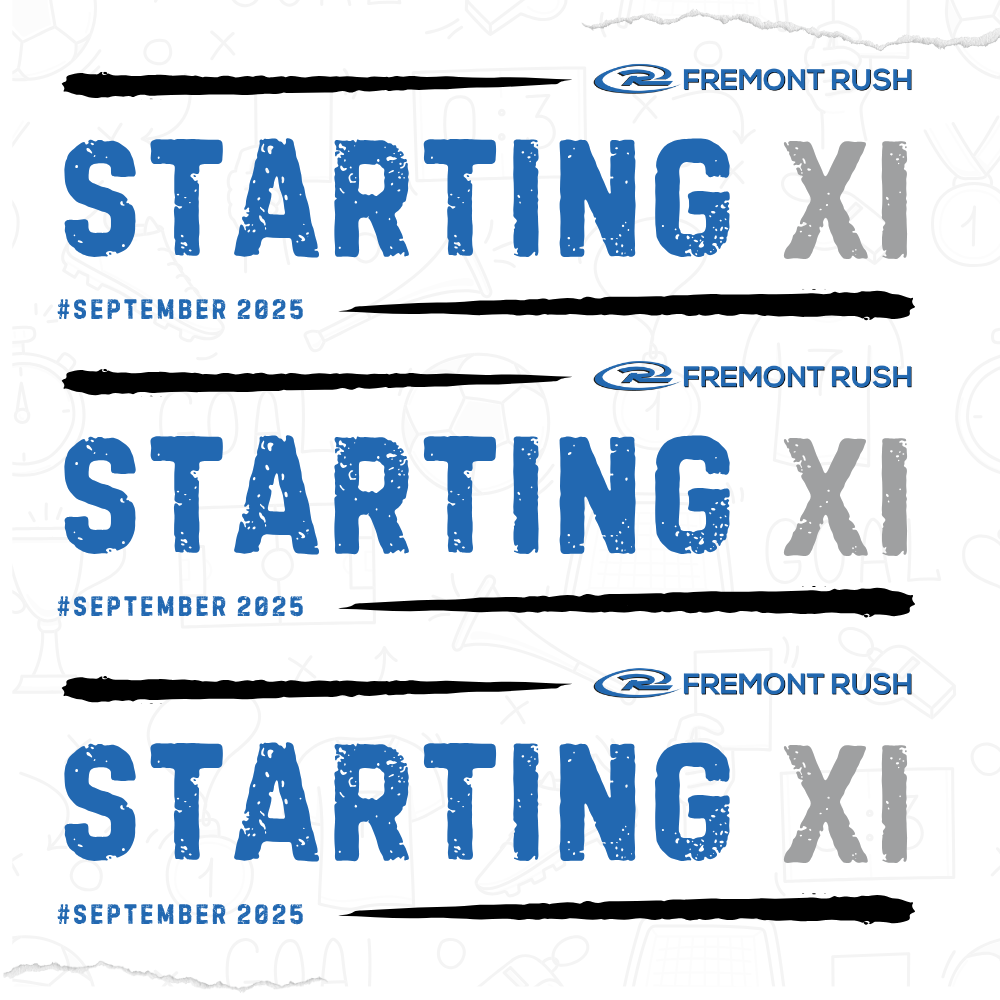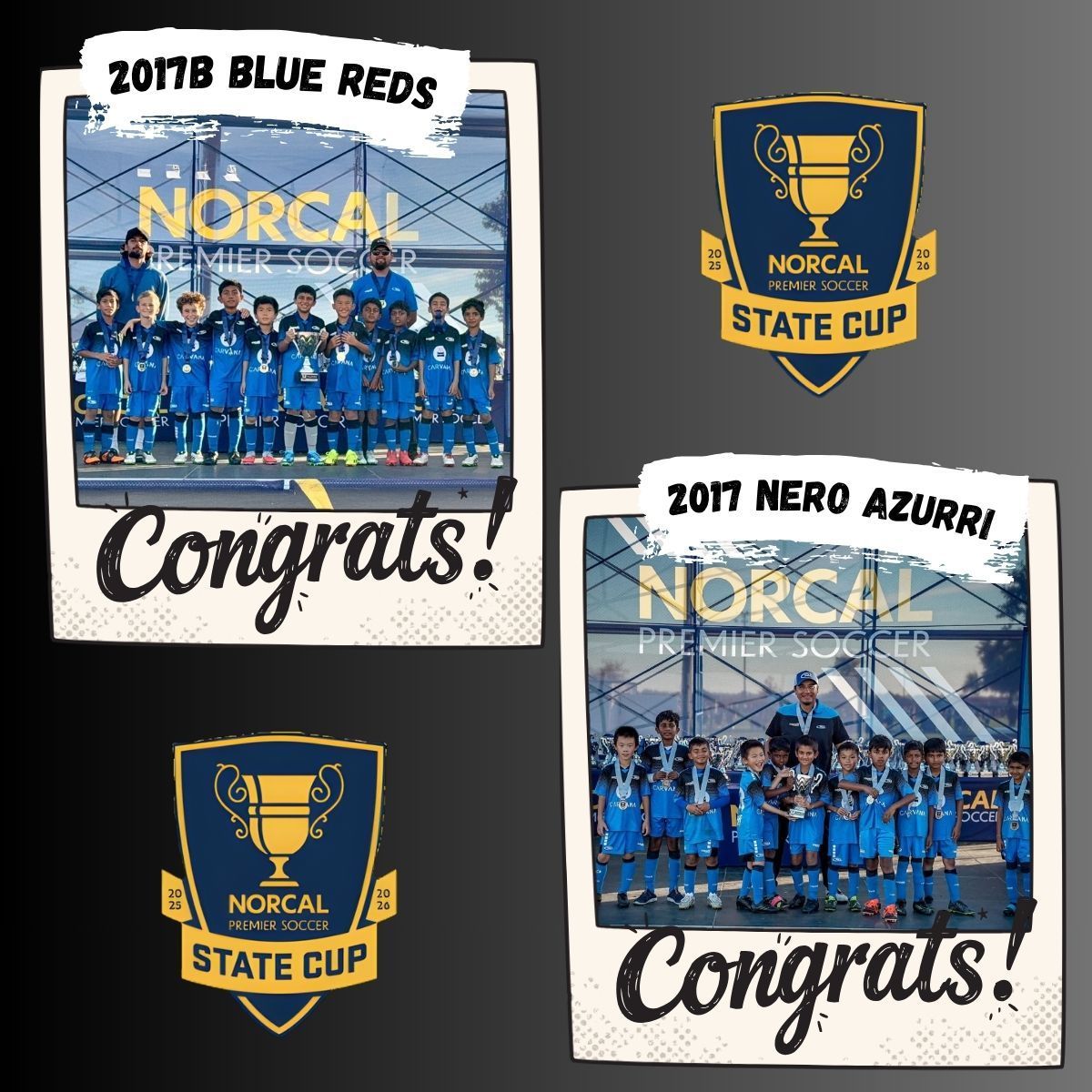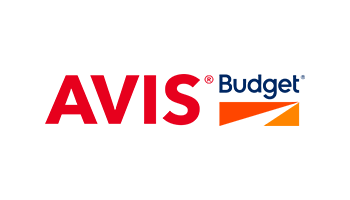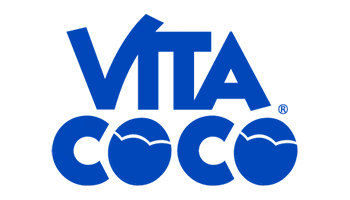Always keep the eye in the long term vision. I’d sacrifice all the gold medals at U9 and U10 if I knew we are doing everything to see my child’s top potential at U19.
Moreover, I’ll give you a tip: Worry if your children are winning too much, because if they are, that probably means they’re not being challenged at the level they should be, and that limits their development.
That’s why at Rush Soccer we have a policy that we call ‘6-3-1’, that is a desired record for a team along a season: 6 wins, 3 loses, 1 tie. We use it as a measuring stick to set an appropriate level of challenge for the players to be exposed to.
Hang on… Are you telling me that you want them to fail, to lose?
Yes, we are.
I’ll wrap it up with one more passage from Nick Soderstrom, look how interesting this is:
There’s no doubt that performance gains can fail to support learning gains. As my initial example illustrated, progress during a lesson can be misleading in terms of what has been retained and can fool teachers and students alike. This is especially true if the performance gains are achieved by using teaching strategies that are designed to produce rapid progress. For example, doing the same type of problem repeatedly in class can lead to rapid, yet fleeting, gains in short-term performance.
But what about the flip side? If increased performance can lead to decreased learning, can decreased performance lead to increased learning? The answer is ‘yes.’ As counterintuitive as it sounds, long-term learning can be enhanced by intentionally impairing short-term performance.
The learning strategies that fall under this category are called desirable difficulties (Bjork, 1994). They are desirable because they lead to better long-term retention and transfer of knowledge, and they are difficult because they pose challenges that slow the rate of current progress and induce more mistakes during instruction or training.
In a nutshell, the concept of desirable difficulties embodies the adage: no pain, no gain. Just like how taking the stairs is better for our health than taking the escalator, making learning more challenging can lead to better retention.
This sounds simple but has profound implications in the way clubs and coaches approach the work, and I think this is very important because you as a parent should demand this from your club.
I’ve had this conversation with parents several times, so trying to find good examples I came up with what I call the ‘winning vs developing chart’ (said as an equivalent of performance vs learning approach). This chart offers concrete, visual differences between coaching for learning versus coaching for development.
I’m sharing it with you because, once again, I actually hope you hold your club and coach accountable for this. Check below.


